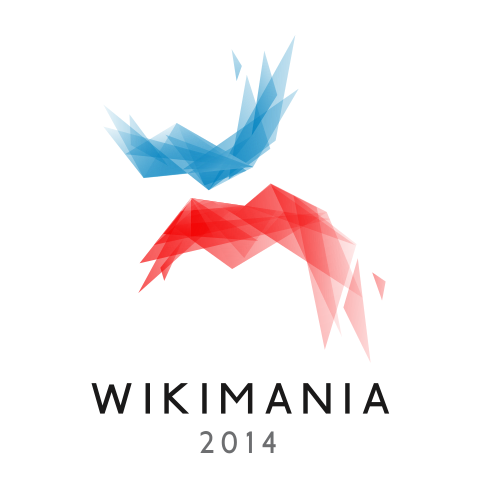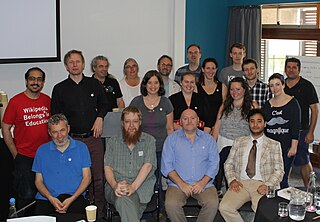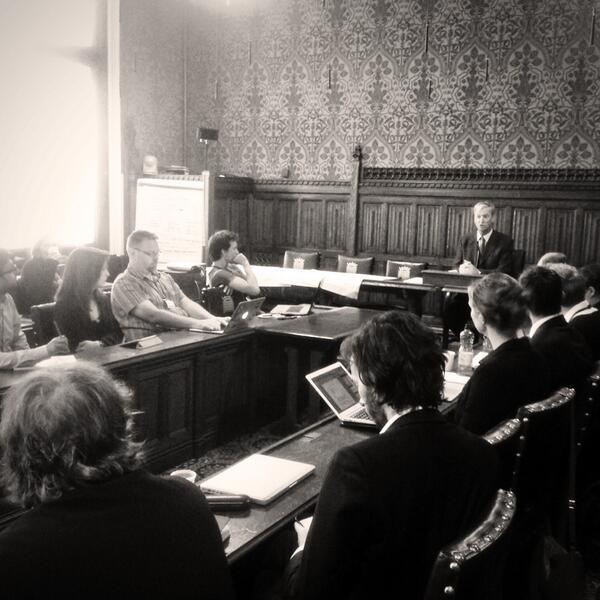This press release was issued on 1 July by Wikimedia UK, the Wikimedia Foundation and the Wikimania 2014 team
– *Featured speakers include Wikipedia founder Jimmy Wales, and new Wikimedia Foundation Chief Executive Lila Tretikov; Thousands of Wikimedia volunteers; Leaders in Technology, Culture and Society. From August 8th to 10th at the Barbican Centre; Tickets go on sale today.*
– *Wikimania programme to focus on Social Machines, The Future of Education, Democratic Media, Open Scholarship & Open Data*
Wikimania’s 2014 team today announce the programme for this year’s historic event. Wikimania 2014 will be held at the Barbican Centre in London from 8th to 10th August, with a two day pre-conference held August 6th and 7th. Over 4,000 attendees are expected; more than twice the number at any previous Wikimania.
The future of Wikipedia, and other Wikimedia projects, forms the central theme. As technological advances promise big changes on the platform, Wikipedia founder, Jimmy Wales will delve into what the future has in store
for the world’s fifth most popular website.
“Wikipedia is the largest knowledge base in the world, consulted by over half a billion people each month,” says Wales. “However, we’ve only just begun to scratch the surface of what can be done with it. Through international expansion, a new focus on open data, and a big investment in technology development, our movement is charting exciting new territory.”
Attendees will also welcome Wikimedia’s new executive director, Lila Tretikov. Her keynote will focus on the impact of Wikipedia in our changing world and its potential for our future. Tretikov sees Wikipedia, a top five website, as an opportunity to for unlocking and democratizing knowledge globally: “I’d like us to think beyond what we know today. Think beyond our accomplishments, towards opportunities. Opportunities for all our collective minds to build the future of knowledge, collaboration and trust.” Recent developments have included plans focused on overhauling Wikipedia’s user experience for readers and editors, a programmatic approach to grant-making and community, and establishing a development platform for knowledge building.
Open to the public, Wikimania is a five-day, community-organised event focusing on new projects in the world of MediaWiki, transparency, and open knowledge. Themes include collaborative working, natural language
processing, crowdsourcing, education, journalism, scientific and medical research, open data, and multimedia.
You can see the notes to editors, links to images and references here on the Wikimedia Foundation website. You can book tickets for Wikimania here.























